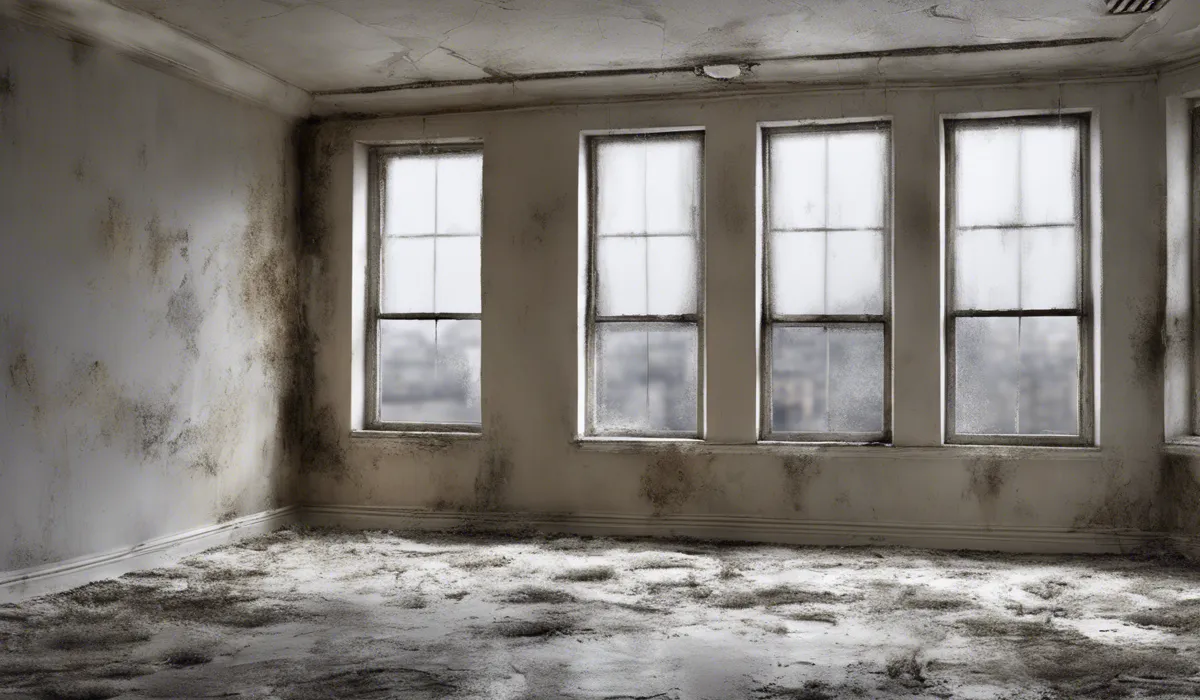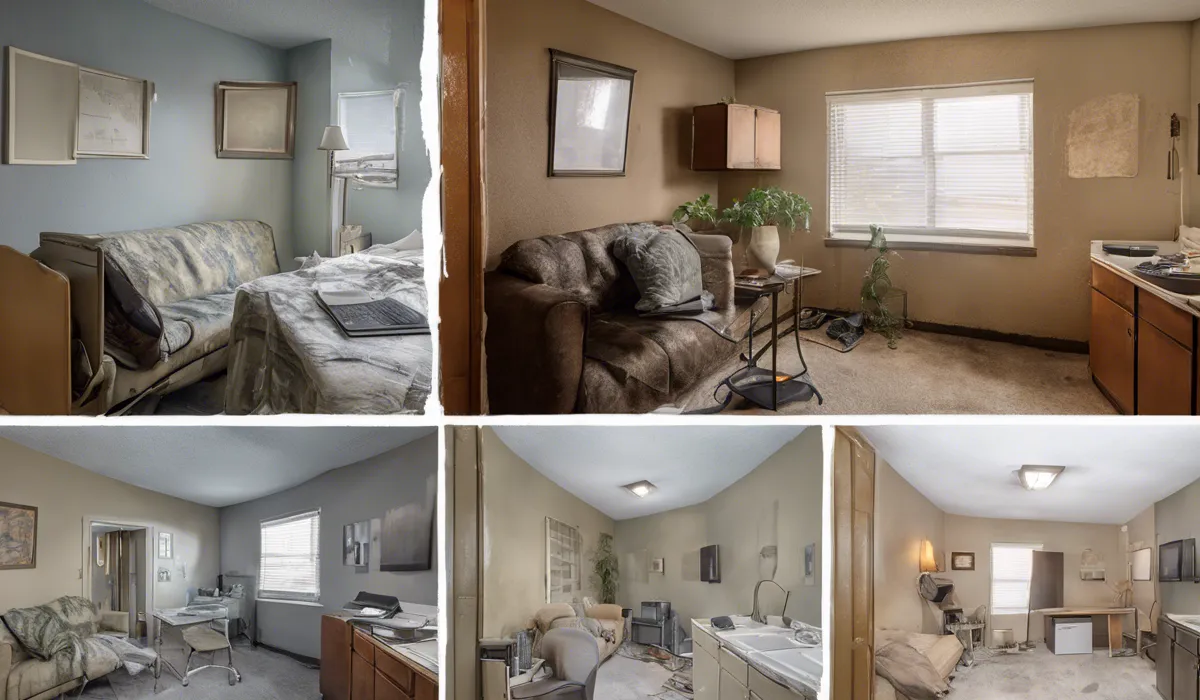To report mold in your apartment, contact your landlord or property management in writing. Provide photos and a detailed description. If unresolved, reach out to your local health department or tenant rights organizations for further assistance.
Understanding Your Rights and Responsibilities

Explanation of Tenant’s Rights Regarding Habitable Living Conditions
As a tenant, you have the right to live in a safe and habitable environment. This means your apartment must be free from severe issues that can harm your health, such as mold.
Mold can cause respiratory problems and other health issues. Local housing laws usually require landlords to maintain rental properties in a condition fit for living. This includes addressing mold problems promptly.
Responsibility of Landlords to Address and Remediate Mold Issues
Landlords are typically responsible for dealing with mold in rental properties. This includes identifying the cause, such as leaks or high humidity, and taking appropriate action to fix it.
Landlords should not only clean up the mold but also address the underlying issue to prevent it from returning.
Local Housing Codes and Regulations Pertaining to Mold
Local housing codes and regulations set standards for property maintenance and tenant safety, including mold control.
These laws may vary from one place to another, so it is essential to check the specific rules in your area.
You can usually find this information on your local government’s website or by visiting a local housing authority office.
Steps to Report Mold in Your Apartment

Documenting the Mold Problem with Photographs and Detailed Notes
When you discover mold, start by taking clear photographs from different angles. Write down details such as the size of the mold area, its color, and where it is located in your apartment.
Note any health symptoms you or your family have experienced that you believe are related to the mold.
Communicating with Your Landlord: How to Notify Them Effectively
To report mold, contact your landlord or property management in writing. An email or a letter works well for this.
Describe the mold issue in detail and attach the photographs you took. Ask for a timely response and propose a reasonable deadline for the mold to be inspected and addressed.
The Importance of Written Communication and Keeping Records of All Correspondence
Always communicate in writing and keep records of all correspondence with your landlord.
This includes emails, letters, and any replies you receive. Written records can serve as evidence if there are disputes or if you need to take further action.
What to Do if Your Landlord Does Not Respond or Refuses to Address the Problem?
If your landlord does not respond or refuses to fix the mold issue, you may need to take additional steps. These can include contacting local agencies or seeking legal advice.
Make sure you have documented all previous attempts to communicate with your landlord before moving to this step.
Seeking Help from External Resources

Contacting Local Health Departments or Building Inspectors
If your landlord is unresponsive, reach out to your local health department or building inspectors. They can inspect your apartment for mold and other health hazards.
If they find violations of housing codes, they can issue orders to your landlord to fix the problems.
Tenant Unions and Legal Aid Societies: How They Can Assist
Tenant unions and legal aid societies offer support and advice to renters. They can guide you through the process of reporting mold and dealing with unresponsive landlords.
They may also represent you in discussions or legal proceedings if necessary.
The Role of State Agencies in Landlord-Tenant Disputes
State agencies that handle housing or consumer affairs can be valuable resources. They can provide information about your rights as a tenant and may intervene in disputes with landlords. Check online to find the appropriate state agency for your location.
When to Consider Legal Action and How to Proceed?
If all else fails, you may need to consider legal action. Consult with a lawyer who specializes in landlord-tenant law to discuss your options.
They can help you understand the legal process and represent you in court if it comes to that.
Final Thoughts
When encountering mold in your apartment, it’s crucial to document the issue in writing and contact your landlord or property management with photos and details.
Should they not address the problem, you have recourse to approach your local health department or seek support from tenant rights organizations.
